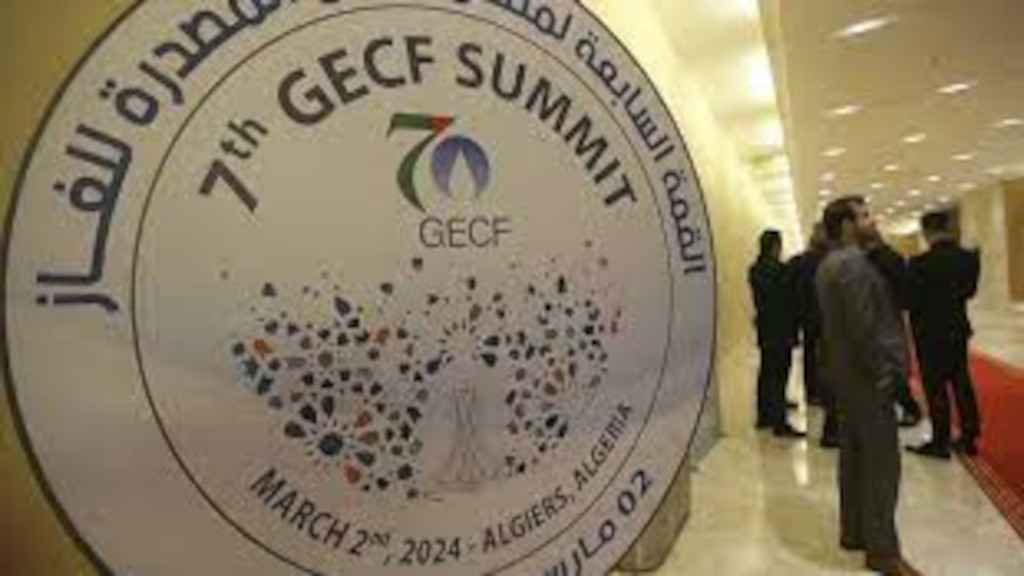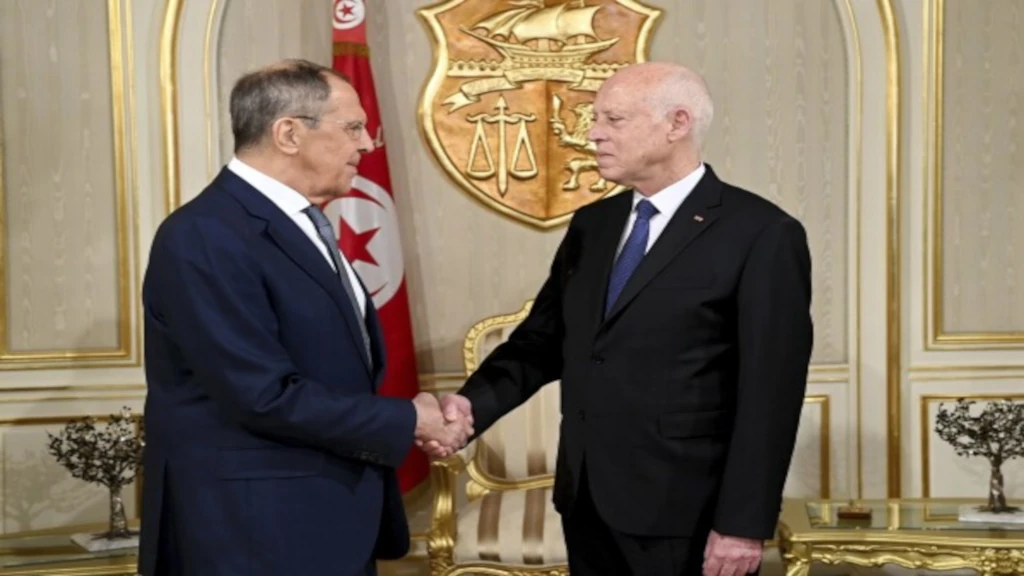Algeria welcomed envoys from energy-rich nations to a significant summit aimed at addressing pressing challenges and exploring new avenues for collaboration. As leaders from 13 countries convened in the Algerian capital of Algiers for the Gas Exporting Countries Forum (GECF), the spotlight fell on Algeria’s ambition to position itself as a critical natural gas supplier, particularly for European nations seeking to diversify their energy sources and reduce reliance on Russia.
During the three-day summit, which includes prominent participants such as Russia, Iran, Qatar, and Venezuela, discussions revolved around the evolving dynamics of the energy market. With renewable energy sources gaining traction and demand for oil and gas experiencing fluctuations, the forum provided a platform for coordination on investments, enhancing ties with consumer countries, and bolstering production capacity.
Ahmed Dkhinissa, an analyst and professor at the University of Algiers, emphasized the significance of the GECF in fostering global cooperation. He stressed the need for consensus among member nations, highlighting the importance of addressing various issues ranging from climate concerns to geopolitical tensions.
Meanwhile, Noureddine Legheliel, a financial analyst, offered insights into the ongoing debate surrounding renewable energies. While acknowledging their potential, Legheliel emphasized that fossil fuels, including natural gas, would continue to play a significant role in the energy mix for decades to come.
Algeria’s aspirations to become a leading gas supplier to Europe have garnered attention against the backdrop of efforts by European countries to reduce dependency on Russian energy. As the continent’s second-largest pipeline supplier of gas, Algeria has positioned itself as a reliable partner for countries like Spain and Italy. Premier Giorgia Meloni’s visit to Algeria last year underscored the strengthening ties between the two nations.
Highlighting Algeria’s growing prominence as an energy supplier, officials at the summit showcased the country’s commitment to providing secure and dependable energy resources. Recent agreements, including a deal with Germany’s VNG by Algeria’s state-owned energy company Sonatrach, underscore Algeria’s strategic significance in the global energy market.
However, challenges persist for Algeria’s energy sector. Despite ambitious plans to expand production, the country faces hurdles in meeting its commitments to European consumers. Infrastructure constraints, sluggish demand, and intensified competition from other gas-producing nations pose significant obstacles to Algeria’s aspirations.
Source: AfricaNews, 1st March 2024
 afric-Invest
afric-Invest
